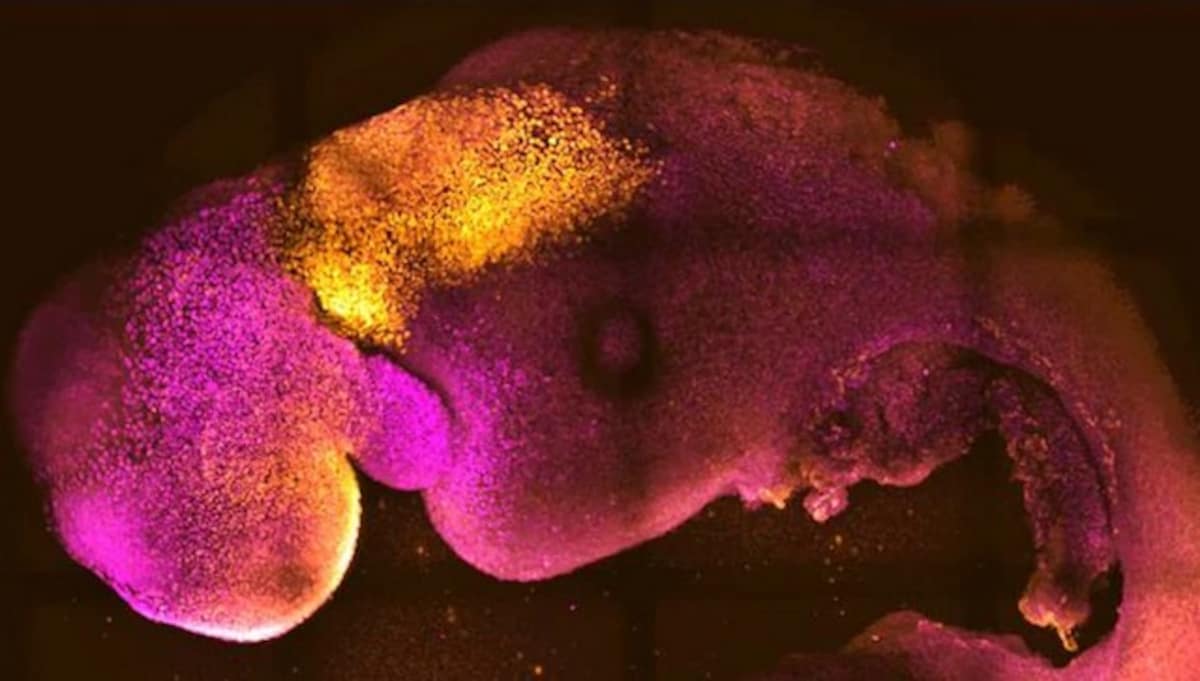Scientists Create Synthetic Human Embryos Without Sperm and Egg

In a unique development that potentially revolutionizes how In Vitro Fertilization (IVF) is currently understood in the context of human reproduction, scientists have developed synthetic human embryos using stem cells. According to reports, the advancement eliminates the necessity for sperm and eggs in the development of human embryos.
The research apparently was discussed in a plenary speech on Wednesday at the annual meeting of the International Society for Stem Cell Research in Boston. The current work from the Cambridge-Caltech lab has not yet been fully described in a journal paper, though.
“Our human model is the first three-lineage human embryo model that specifies amnion and germ cells, precursor cells of egg and sperm,” Professor Magdalena Żernicka-Goetz, of the University of Cambridge and the California Institute of Technology, was quoted as saying by The Guardian.
“It’s beautiful and created entirely from embryonic stem cells.”
What is a synthetic embryo?
It was made from stem cells, but it lacks a heartbeat and a developing brain. They do, however, include the cells that develop into the embryo, yolk sac, and placenta.
Experts believe that these artificially produced embryos may hold the key to understanding the basic causes of repeated miscarriages.
An article that was published in The Lancet in April 2021 states that there are reportedly 23 million miscarriages worldwide each year.
The “black box” period of human development, which is the time between 16 or 17 days after fertilization and more than a week after the free-floating embryo binds itself to the lining of the womb, is referred to as the basic requirement for the work.
Currently, scientists are permitted to grow embryos in the lab for a legal maximum of 14 days. In addition, they observe the progress by examining donated embryos for study and prenatal scans.
“The idea is that if you really model normal human embryonic development using stem cells, you can gain an awful lot of information about how we begin development, what can go wrong, without having to use early embryos for research,” Robin Lovell-Badge, the head of stem cell biology and developmental genetics at the Francis Crick Institute in London, was quoted as saying by The Guardian.





















